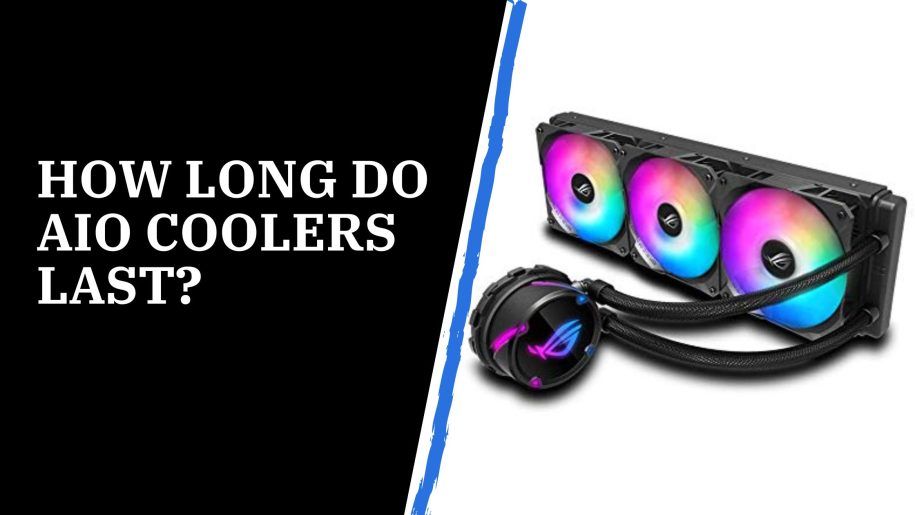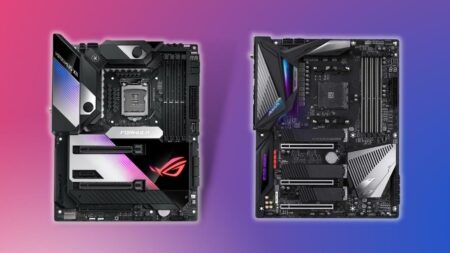AIO or all in one coolers are pre-assembled water cooling systems that allow you to effectively cool down your CPU and motherboard. However, there are many individuals who are hesitant to use AIO coolers due to fears of leaking, unreliability, or just not being as effective as advertised.
But when used correctly, AIO coolers can actually be a very reliable and effective way to cool down your computer. So, how long do AIO coolers last?
How Long Do AIO Coolers Last?
On average, an AIO cooler will last anywhere from 5-7 years. However, there are many factors that can affect the lifespan of an AIO cooler, such as:
- The quality of the cooler
- How often it is used
- The ambient temperature of the room
- Whether or not the cooler is properly maintained
If you take good care of your AIO cooler and don’t use it excessively, then it should last for several years. However, if you neglect your cooler or use it in a very hot environment, then it may only last for a year or two.
How To Take Care Of My AIO Coolers?
Here are a few tips on how to take care of your AIO cooler and ensure that it lasts for years:
- Make sure that the fans and radiator are clean and free of dust.
- Tighten all screws and fittings periodically to prevent leaks.
- Do not overuse the cooler or run it for extended periods of time.
- Avoid using the cooler in very hot environments.
What Factors Affect AIO’s Lifespan?
Installation issue
Is the number one factor that will affect your AIO’s lifespan. If it’s not installed properly, then there is a higher chance that your AIO will leak and cause damage to your computer.
Air bubbles
Another reason is air bubbles. Air bubbles will form inside the radiator and tubing, which will reduce the efficiency of your AIO. If you see air bubbles, then you will need to bleed the system to get rid of them.
Corrosion
Corrosion may also occur. The aluminum fins are welded with a corrosive flux that causes aluminum to oxidize.
It also forms an oxidation-causing substance that gets trapped in the radiator pipes or adheres to the cold plate, eventually obstructing the pipes or preventing heat transfer. The tubes themselves may deteriorate and even leak over time.
Do AIO Coolers Actually Leak?
AIO coolers do not leak any more than any other type of water cooling system. In fact, they are often more reliable since they come pre-assembled and have fewer moving parts that can break down over time.
However, there is always a risk of leaks with any water cooling system, so it’s important to be aware of the signs of a leak and take steps to prevent them. Because the pump is most likely to fail, not the seal, AIO will probably fail due to a problem with the pump.
AIO is called closed-loop systems because there is no need for maintenance. The water inside the system is not exposed to the air, so it can’t get contaminated and doesn’t need to be changed.
What Should I Do If I Suspect My AIO Cooler Is Leaking?
If you suspect that your AIO cooler is leaking, the best thing to do is turn it off immediately and remove it from your computer. Then, check all of the fittings and connections for leaks.
If you find a leak, you can try tightening the fitting or connection that is leaking. If that doesn’t work, then you will need to report it to the manufacturer or replace the cooler.
How Effective Are AIO Coolers?
AIO coolers are very effective at cooling down your CPU and motherboard. In fact, they are often more effective than air coolers.
However, the effectiveness of an AIO cooler will depend on a few factors, such as the quality of the cooler, the size of the radiator, and the speed of the fans.
If you want to ensure that your AIO cooler is as effective as possible, then make sure to get a high-quality cooler with a large radiator and fast fans.
Is AIO Cooler Reliable?
AIO coolers are far more dependable than customer water loops or air cooling systems. This is due to the fact that custom water loops have far more failure points and require considerably more upkeep.
A custom water loop will, after all, need you to replace the water on a frequent basis, keep the reservoir clean, maintain that all of the fans are clean, and so on. AIO coolers just necessitate that you change the fans. They also have a greater lifespan than bespoke coolers.


